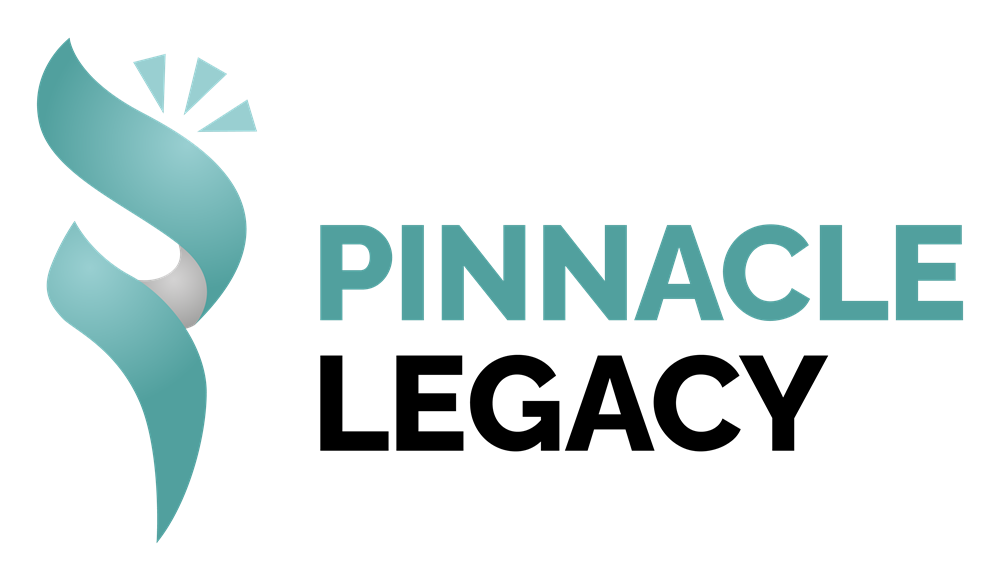Success is rarely a solo act. Every thriving organization has a team behind the scenes driving progress, facing challenges, and achieving milestones together. But the secret to true team success isn’t just about hitting goals or being productive—it’s rooted in something deeper.
High-performing teams are built on a foundation of key traits that influence how individuals interact, support one another, and pursue a shared mission. When these essential characteristics are present, teams transform from groups of individuals into unified forces that consistently outperform expectations.
In this blog, we will break down non-negotiable traits that form the heart of any winning team and highlight the cultural pillars that sustain them.
1. Shared Vision That Guides Every Action
Teams without a unified vision often work hard but pull in different directions with little lasting impact. A shared vision is the compass for every decision, ensuring that each member understands their role in the bigger picture. It creates alignment and encourages everyone to rally around a common goal.
- Aligns the team’s focus and objectives across departments and roles
- Inspires long-term motivation, commitment, and a sense of ownership
- Reinforces resilience and clarity during setbacks, uncertainty, or change
Leaders play a vital role in consistently communicating and reinforcing this vision. It ensures each person stays connected to the mission and understands their impact.
2. Clear Roles and Responsibilities
Ambiguity is the enemy of progress and often the root of team tension. Without role clarity, teams waste time, duplicate efforts, and make decisions with hesitation or conflict. Clearly defined responsibilities create structure, enabling each member to work confidently and efficiently.
- Minimizes confusion while preventing overlap, bottlenecks, and missed steps
- Enhances ownership by allowing team members to embrace their tasks fully
- Builds confidence and mutual trust in how the team collaborates and executes
When everyone understands their responsibilities, the team becomes faster, more reliable, and more capable of scaling its impact. Clarity lays the foundation for sustained high performance.
3. Trust Built Through Transparency
Trust doesn’t simply emerge — it results from deliberate actions taken consistently over time. When team members prioritize transparency, they remove guesswork, misunderstandings, and hidden agendas. This openness creates an environment where everyone feels safe to contribute.
- Promotes psychological safety, vulnerability, and deeper collaboration
- Reduces the need for oversight, micromanagement, or passive resistance
- Enables faster, more confident decisions without internal doubt or delays
Teams that operate transparently can grow closer through shared understanding. The result is long-term loyalty and an environment rooted in mutual respect.
4. Open and Honest Communication
Communication is the oxygen of any team, but it must go beyond daily updates and task lists. Open and honest dialogue builds trust, resolves misunderstandings early, and keeps everyone aligned. It requires clarity, empathy, and the courage to speak up when it counts.
- Encourages thoughtful listening, constructive responses, and inclusive feedback
- Prevents minor issues from becoming significant, costly disruptions
- Builds a dynamic culture of continuous dialogue and proactive clarity
When communication flows freely and honestly, teams avoid unnecessary conflict and stay aligned. That clarity leads to quicker problem-solving and more connected collaboration.
5. Mutual Respect Among Team Members
Respect transforms a group of individuals into a unified, high-functioning team. It ensures that all voices are heard, ideas are valued, and collaboration is rooted in appreciation rather than ego. When respect is present, competition becomes healthy, and disagreements become opportunities.
- Validates diverse opinions, work styles, and lived experiences within the team
- Minimizes tension and replaces it with cooperation and shared accountability
- Creates a positive, inclusive atmosphere that drives high engagement
Mutual respect is the invisible thread that holds a team together through successes and setbacks. It fosters trust, cohesion, and a sense of belonging.
6. Accountability Without Blame
Accountability is essential for performance, but must be free from fear and finger-pointing. In successful teams, accountability comes from a shared desire to improve and honor commitments rather than avoid punishment. It promotes learning and continuous elevation of standards.
- Focuses on problem-solving and identifying next steps rather than on blame
- Promotes responsibility by encouraging people to own both wins and misses
- Strengthens transparency and trust as a part of team culture
Clear expectations combined with a supportive approach to accountability lead to steady improvement. It creates a team environment rooted in integrity and growth.
7. Adaptability in the Face of Change
Change is a constant, not an exception. Teams that respond with adaptability can navigate challenges without losing focus or confidence. Flexibility ensures that shifting conditions or priorities don’t derail momentum but instead present new paths to success.
- Encourages mental agility, resourcefulness, and a creative approach to change
- Reduces internal resistance, fear, or paralysis during major transitions
- Keeps teams energized and aligned even in unpredictable conditions
Adaptability empowers teams to adjust strategies while staying anchored to purpose. It allows innovation to emerge even when the unexpected occurs.
8. Diversity of Skills and Perspectives
A high-performing team is not built on similarity but on the strength of varied backgrounds, insights, and capabilities. Diversity allows for broader thinking and exposes the group to new ways of approaching challenges. It builds innovation into the foundation of teamwork.
- Provides a broader range of ideas and viewpoints that drive more innovative solutions
- Prevents groupthink by inviting multiple perspectives into discussions
- Strengthens the team’s ability to tackle complex and dynamic issues
By embracing differences, teams unlock creative problem-solving and inclusivity. When used intentionally, this diversity becomes a strategic advantage.
9. Consistent Feedback and Continuous Improvement
Great teams know that feedback isn’t a critique—it’s a gift that sharpens talent and aligns action. Continuous improvement becomes possible only when feedback is shared consistently and with purpose. It creates a loop of refinement that builds strength over time.
- Accelerates personal growth and boosts collective effectiveness
- Keeps behaviors, strategies, and results aligned with evolving expectations
- Builds a culture of learning through regular, respectful dialogue
Routine feedback helps teams catch drift early and optimize quickly. The best teams are those willing to reflect, adjust, and evolve together.
10. Collective Resilience and Support
Resilient teams don’t avoid hardship—they withstand it together and emerge stronger. When support is built into the team dynamic, individuals can weather challenges knowing they’re not alone. This solidarity is what turns stress into momentum.
- Builds a system of shared encouragement and emotional stability
- Prevents burnout by making mental wellness a team priority
- Strengthens commitment by reinforcing that everyone is in it together
Supportive teams cultivate trust that extends beyond performance. That human connection becomes their most durable competitive advantage.
Why Culture Is the Real Competitive Advantage
Culture isn’t a luxury; it’s the soil where all team success grows. A strong, intentional culture determines how teams make decisions, navigate challenges, and celebrate wins. It shapes every behavior, attitude, and outcome, influencing how individuals collaborate, innovate, and push through adversity.
A thriving culture doesn’t just react to challenges—it anticipates them, turning potential obstacles into opportunities for learning and refinement. When culture is prioritized, the team’s mission becomes more than words; it transforms into a daily practice that is lived and breathed.
- Influences behavior, communication norms, collaboration styles, and conflict resolution
- Drives emotional investment, loyalty, pride in contribution, and a sense of belonging
- Enhances resilience, innovation, creativity, and the capacity to sustain high standards over time
Signs Your Team Is Thriving (Or Needs Help)
Knowing how your team is performing beneath the surface can make all the difference when evaluating the characteristics of a successful team. Checking positive signals and red flags helps prevent misalignment and allows for timely course correction.
The best leaders understand that maintaining team health requires regular observation, open dialogue, and a willingness to adapt when early warning signs appear.
Signs of a Thriving Team:
- Open communication, mutual encouragement, and collaborative problem-solving are the norm
- High energy, strong ownership, and visible alignment with team goals and long-term vision
- Visible trust, proactive feedback, shared recognition, and strong follow-through on commitments
- A willingness to celebrate wins together and acknowledge contributions across all levels
- Strong camaraderie and a shared sense of purpose that drives daily actions
Warning Signs of Trouble:
- Frequent miscommunication, rising tension, unspoken resentments, or avoidance of hard conversations
- Declining morale, visible disengagement, higher turnover, or inconsistency in output
- Resistance to accountability, fear of feedback, or withdrawal from active participation
- Siloed thinking, reluctance to collaborate, and low energy around new initiatives
- Persistent negativity, blame-shifting, and reluctance to embrace necessary change
Proactive leaders can use these cues to reinforce strengths, address weak spots before they become barriers, and create meaningful interventions that realign the team with its shared purpose and values. A thriving team isn’t just productive—it’s resilient, connected, and fueled by a sense of belonging and shared commitment.
Ready to Build Team Success with Pinnacle Legacy?
A high-performing team results from a deliberate effort to nurture trust, communication, adaptability, and a shared purpose, all of which are critical drivers of team success.
By cultivating these non-negotiable traits, organizations create an environment where individuals can unite, grow stronger, and achieve outstanding results. Recognizing the signs of a thriving or struggling team helps leaders stay proactive, ensuring every member remains empowered to contribute to collective goals.
At Pinnacle Legacy, growth starts with choosing a team that inspires you to stretch, collaborate, and make a meaningful difference. When values, leadership, and vision align, team members don’t just contribute—they evolve into leaders who create lasting impact.
If you’re ready to enter an environment that challenges you to rise, grow, and achieve more, connect with our team and start building your legacy.


